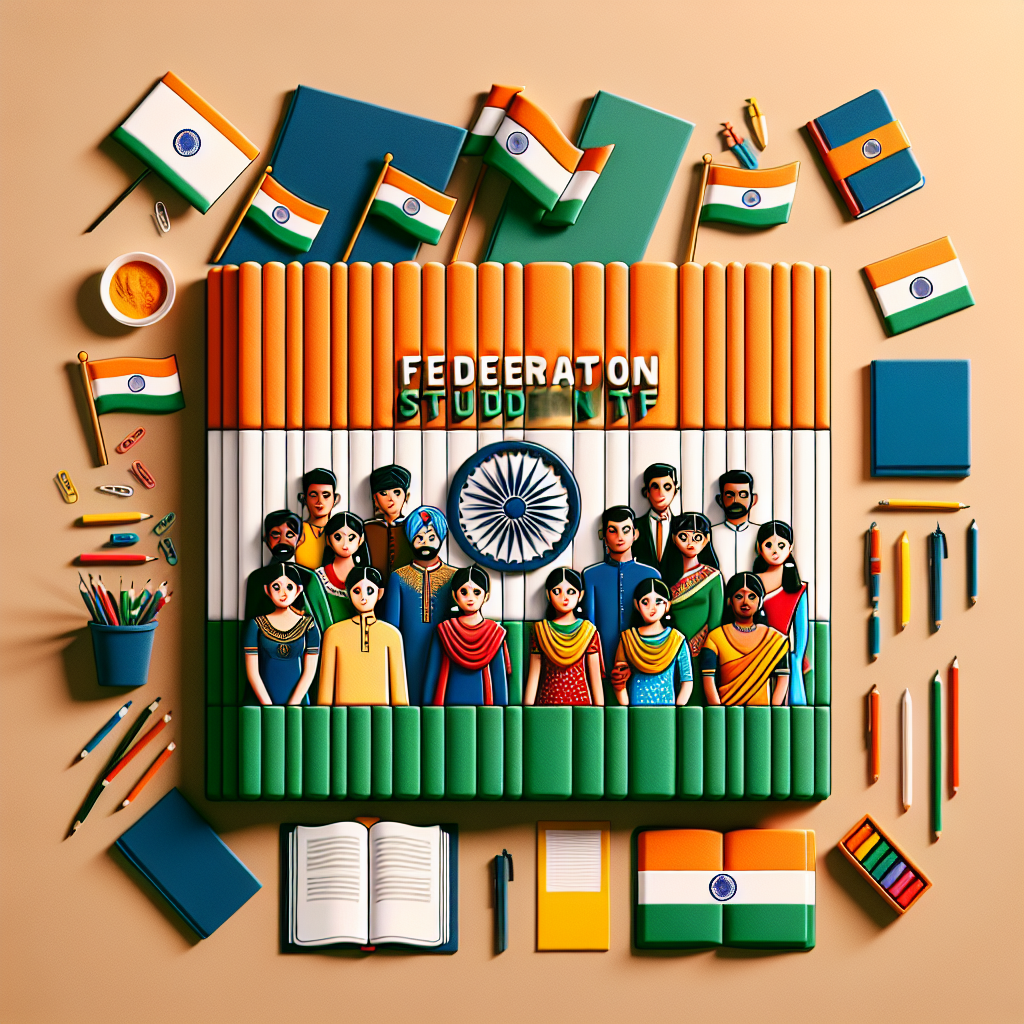South Korea establishes diplomatic ties with Syria, longtime ally of North Published: 11 Apr. 2025, 09:12 Audio report: written by reporters, read by AI South Korean Foreign Minister Cho Tae-yul, left, and his Syrian counterpart Asaad al-Shaibani, right, shake hands after formally signing the documents for a diplomatic relationship agreement between the two countries in Damascus, Syria, on April 10. [MINISTRY OF FOREIGN AFFAIRS] Foreign Minister Cho Tae-yul established diplomatic ties with Syria on Thursday, marking South Korea’s final normalization of diplomatic relations with a United Nations member state apart from North Korea.
In an rare move, Cho traveled to Syria himself to finalize the agreement, signaling not only a broadening of South Korea’s diplomatic reach but also increasing diplomatic pressure on North Korea, a longtime ally of Syria. Related Article Korea appoints new ambassadors to 11 countries, including first envoy to Cuba Korea and Cuba at 'beginning point' of learning about each other's 'realities,' says top Cuban envoy South Korea opens embassy in Cuba nearly year after establishing diplomatic ties South Korea establishes diplomatic ties with Cuba in surprise move "The establishment of diplomatic relations opens a new chapter of cooperation with Syria, whose ties with us had been severed due to its close alignment with North Korea," the Foreign Ministry in Seoul said in a statement. Cho met with Syrian Foreign Minister Asaad al-Shaibani in Damascus, where the two sides signed a joint statement establishing formal diplomatic ties, according to the Foreign Ministry.

They also discussed ways to develop bilateral relations. "Syria’s stability and prosperity are essential not only for peace in the Middle East but also for global peace," Cho was quoted as saying during the meeting in the statement from the ministry. "We hope that cooperation between South Korea and Syria based on this diplomatic normalization will contribute to Syria’s development and the stability of the Middle East.
" Cho also expressed South Korea’s willingness to share its development experience with Syria and explore the possibility of South Korean companies participating in Syria's reconstruction efforts. South Korean Foreign Minister Cho Tae-yul, left, and his Syrian counterpart Asaad al-Shaibani, right, converse before formally signing the documents for a diplomatic relationship agreement between the two countries in Damascus on April 10. [MINISTRY OF FOREIGN AFFAIRS] Cho pledged humanitarian aid, including medical supplies, medical equipment and rice, to help Syria cope with its ongoing humanitarian crisis.
In response, al-Shaibani expressed gratitude for Korea’s support and requested assistance in easing international sanctions on Syria. "We look forward to Korea’s support in the relaxation of sanctions against Syria," al-Shaibani was quoted as saying. "Let us continue to discuss South Korea’s contribution to Syria’s reconstruction going forward.
" Cho also met with Syrian President Ahmed Al-Sharaa and congratulated Syria on "the successful launch of a new government after the ouster of the Assad regime." Cho added that if Syria "continues its inclusive political process, responds firmly to extremism and complies with international demands, such as the elimination of chemical weapons," a favorable environment would be created for Syria’s reconstruction and sustainable economic development. South Korean Foreign Minister Cho Tae-yul, left, and Syrian President Ahmed Al-Sharaa, right, shake hands during a meeting in Damascus on April 10.
[MINISTRY OF FOREIGN AFFAIRS] Al-Sharaa welcomed the establishment of diplomatic ties with South Korea. "South Korea’s support is essential for Syria’s new start,” Al-Sharaa said. "Let us develop a friendly and cooperative relationship between South Korea and Syria that contributes to international peace.
" South Korea's diplomatic normalization with Syria comes about two months after a senior Foreign Ministry official confirmed Syria’s intention to establish diplomatic relations during a visit to Damascus. The plan was approved by South Korea’s Cabinet in March. With the establishment of diplomatic ties with Syria, South Korea has now normalized relations with all UN member states except North Korea.
Including non-UN members such as the Holy See, the Cook Islands, and Niue, Syria becomes Korea’s 194th diplomatic partner. South Korean Foreign Minister Cho Tae-yul, left, and Syrian President Ahmed Al-Sharaa, right, converse during a meeting in Damascus on April 10. [MINISTRY OF FOREIGN AFFAIRS] Syria’s decision to normalize ties with South Korea came after the fall of former President Bashar al-Assad’s regime in December last year.
Syria’s interim President Al-Sharaa led the ousting of Assad with the backing of rebel forces. The new Syrian government is seeking to normalize relations with the international community while distancing itself from Assad’s former allies, including North Korea and Russia. On March 31, Seoul’s Foreign Ministry announced in response to the Syrian interim government’s announcement of a new cabinet list that “we welcome the formation of the new Syrian government,” adding, “the government will work together to achieve stability, unity and prosperity for the Syrian people.
” Syria had maintained close ties with North Korea since the 1960s, particularly in the areas of nuclear and missile development. North Korean leader Kim Jong-un and the ousted Assad exchanged letters for years. South Korea’s diplomatic move is seen as a further blow to North Korea, which has been steadily losing its few remaining allies.
Last year, South Korea also established diplomatic ties with Cuba, another traditional ally of North Korea, in a move that reportedly unsettled Pyongyang. While Seoul’s normalization with Havana was conducted through an exchange of diplomatic notes via their missions at the UN in New York, the Syrian deal is considered even more significant given that it was finalized through the direct visit of South Korea’s foreign minister. Translated from the JoongAng Ilbo using generative AI and edited by Korea JoongAng Daily staff.
BY PARK HYUN-JU [ [email protected] ] var admarutag = admarutag || {} admarutag.cmd = admarutag.cmd || [] admarutag.
cmd.push(function () { admarutag.pageview('3bf9fc17-6e70-4776-9d65-ca3bb0c17cb7'); });.
South Korea establishes diplomatic ties with Syria, longtime ally of North

South Korean Foreign Minister Cho Tae-yul, left, and his Syrian counterpart Asaad al-Shaibani, right, shake hands after formally signing the documents for a diplomatic relationship agreement between the two countries in Damascus, Syria, on April 10. [MINISTRY OF FOREIGN AFFAIRS] Foreign Minister Cho Tae-yul established diplomatic ties with Syria on Thursday, marking South Korea’s final normalization of diplomatic relations with a United Nations member state apart from North Korea. In an rare move, Cho traveled to Syria himself to finalize the agreement, signaling not only a broadening of South Korea’s diplomatic reach but also increasing diplomatic pressure on North Korea, a longtime ally of Syria. Related ArticleKorea appoints new ambassadors to 11 countries, including first envoy to CubaKorea and Cuba at 'beginning point' of learning about each other's 'realities,' says top Cuban envoySouth Korea opens embassy in Cuba nearly year after establishing diplomatic tiesSouth Korea establishes diplomatic ties with Cuba in surprise move "The establishment of diplomatic relations opens a new chapter of cooperation with Syria, whose ties with us had been severed due to its close alignment with North Korea," the Foreign Ministry in Seoul said in a statement. Cho met with Syrian Foreign Minister Asaad al-Shaibani in Damascus, where the two sides signed a joint statement establishing formal diplomatic ties, according to the Foreign Ministry. They also discussed ways to develop bilateral relations. "Syria’s stability and prosperity are essential not only for peace in the Middle East but also for global peace," Cho was quoted as saying during the meeting in the statement from the ministry. "We hope that cooperation between South Korea and Syria based on this diplomatic normalization will contribute to Syria’s development and the stability of the Middle East." Cho also expressed South Korea’s willingness to share its development experience with Syria and explore the possibility of South Korean companies participating in Syria's reconstruction efforts. South Korean Foreign Minister Cho Tae-yul, left, and his Syrian counterpart Asaad al-Shaibani, right, converse before formally signing the documents for a diplomatic relationship agreement between the two countries in Damascus on April 10. [MINISTRY OF FOREIGN AFFAIRS] Cho pledged humanitarian aid, including medical supplies, medical equipment and rice, to help Syria cope with its ongoing humanitarian crisis. In response, al-Shaibani expressed gratitude for Korea’s support and requested assistance in easing international sanctions on Syria. "We look forward to Korea’s support in the relaxation of sanctions against Syria," al-Shaibani was quoted as saying. "Let us continue to discuss South Korea’s contribution to Syria’s reconstruction going forward." Cho also met with Syrian President Ahmed Al-Sharaa and congratulated Syria on "the successful launch of a new government after the ouster of the Assad regime." Cho added that if Syria "continues its inclusive political process, responds firmly to extremism and complies with international demands, such as the elimination of chemical weapons," a favorable environment would be created for Syria’s reconstruction and sustainable economic development. South Korean Foreign Minister Cho Tae-yul, left, and Syrian President Ahmed Al-Sharaa, right, shake hands during a meeting in Damascus on April 10. [MINISTRY OF FOREIGN AFFAIRS] Al-Sharaa welcomed the establishment of diplomatic ties with South Korea. "South Korea’s support is essential for Syria’s new start,” Al-Sharaa said. "Let us develop a friendly and cooperative relationship between South Korea and Syria that contributes to international peace." South Korea's diplomatic normalization with Syria comes about two months after a senior Foreign Ministry official confirmed Syria’s intention to establish diplomatic relations during a visit to Damascus. The plan was approved by South Korea’s Cabinet in March. With the establishment of diplomatic ties with Syria, South Korea has now normalized relations with all UN member states except North Korea. Including non-UN members such as the Holy See, the Cook Islands, and Niue, Syria becomes Korea’s 194th diplomatic partner. South Korean Foreign Minister Cho Tae-yul, left, and Syrian President Ahmed Al-Sharaa, right, converse during a meeting in Damascus on April 10. [MINISTRY OF FOREIGN AFFAIRS] Syria’s decision to normalize ties with South Korea came after the fall of former President Bashar al-Assad’s regime in December last year. Syria’s interim President Al-Sharaa led the ousting of Assad with the backing of rebel forces. The new Syrian government is seeking to normalize relations with the international community while distancing itself from Assad’s former allies, including North Korea and Russia. On March 31, Seoul’s Foreign Ministry announced in response to the Syrian interim government’s announcement of a new cabinet list that “we welcome the formation of the new Syrian government,” adding, “the government will work together to achieve stability, unity and prosperity for the Syrian people.” Syria had maintained close ties with North Korea since the 1960s, particularly in the areas of nuclear and missile development. North Korean leader Kim Jong-un and the ousted Assad exchanged letters for years. South Korea’s diplomatic move is seen as a further blow to North Korea, which has been steadily losing its few remaining allies. Last year, South Korea also established diplomatic ties with Cuba, another traditional ally of North Korea, in a move that reportedly unsettled Pyongyang. While Seoul’s normalization with Havana was conducted through an exchange of diplomatic notes via their missions at the UN in New York, the Syrian deal is considered even more significant given that it was finalized through the direct visit of South Korea’s foreign minister. Translated from the JoongAng Ilbo using generative AI and edited by Korea JoongAng Daily staff. BY PARK HYUN-JU [[email protected]]











